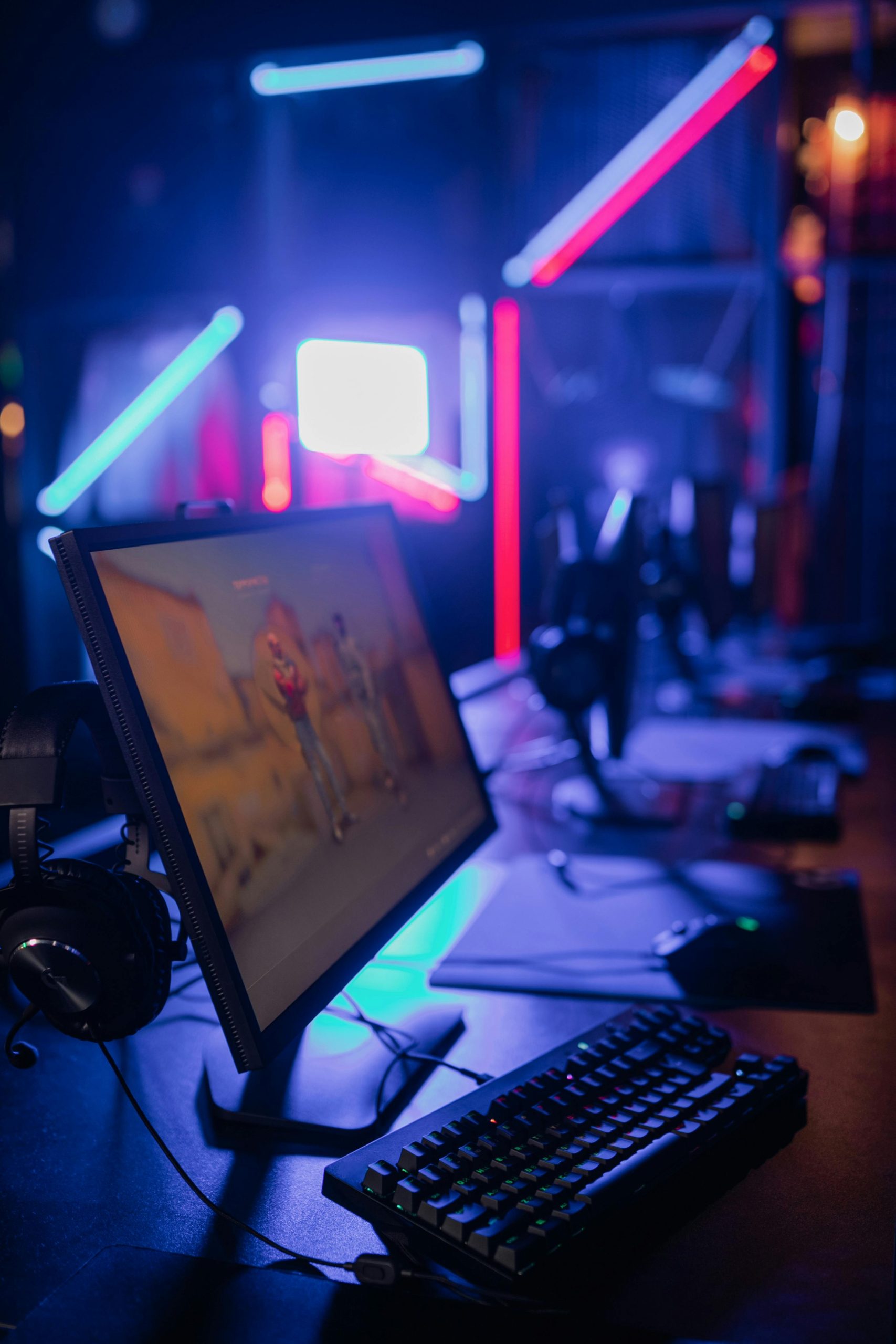Potential Hack via League of Legends Client: A Cautionary Tale
Recently, I experienced a chilling moment while engaging in a game of League of Legends that left me questioning the security of my PC. While I was in the champion select phase, I was casually watching a YouTube video when one of my teammates made a disturbing remark in the chat: “I can see your desktop.” He proceeded to describe what was happening in my video with unnerving accuracy.
The realization that someone could have potentially compromised my computer sent a wave of anxiety through me. I couldn’t help but wonder: Is it truly possible for a player to hack into my system through the game client? What are the chances of this happening, and if my PC is indeed at risk, what steps should I take to safeguard my information?
Understanding the Threat
First and foremost, let’s address the possibility of a hack occurring through a gaming client. While it may sound far-fetched, players can sometimes be victims of malicious attacks. In online gaming, especially in popular titles like League of Legends, hackers can leverage various methods to exploit vulnerabilities within the game’s ecosystem.
Signs of a Potential Compromise
If you ever find yourself in a situation similar to mine, consider the following red flags that might indicate your computer has been hacked:
– Strange messages from teammates that seem to reference your personal activities.
– Unexpected performance issues on your PC, such as slowdowns or applications crashing.
– Unauthorized access to your accounts or unusual transactions occurring without your knowledge.
Steps to Take if You Suspect a Hack
-
Disconnect from the Internet: This can help prevent further access to your system and secure your data from additional breaches.
-
Run a Security Scan: Use reputable antivirus software to conduct a thorough scan of your system. This can help identify and eliminate any malicious programs that might have infiltrated your PC.
-
Change Your Passwords: Especially for accounts related to your gaming and personal information. Use strong, unique passwords to enhance your security.
-
Enable Two-Factor Authentication (2FA): If available, activate 2FA on all accounts to add an extra layer of security.
-
Monitor Financial Statements: Keep an eye on your bank and credit card statements for any unauthorized transactions.
-
Seek Professional Help: If you’re uncertain about how to proceed or suspect that the hack may be severe, consider consulting with a cybersecurity professional.
Conclusion
Share this content:




It’s understandable to be concerned about potential security issues related to gaming clients like League of Legends. While it’s rare for game clients to directly cause hacks, malicious actors can sometimes exploit vulnerabilities or social engineering tactics to gain access to sensitive information. To enhance your system’s security, consider these additional precautions:
Lastly, be cautious of phishing attempts or suspicious links in chats, and always verify the integrity of your installed software from official sources.